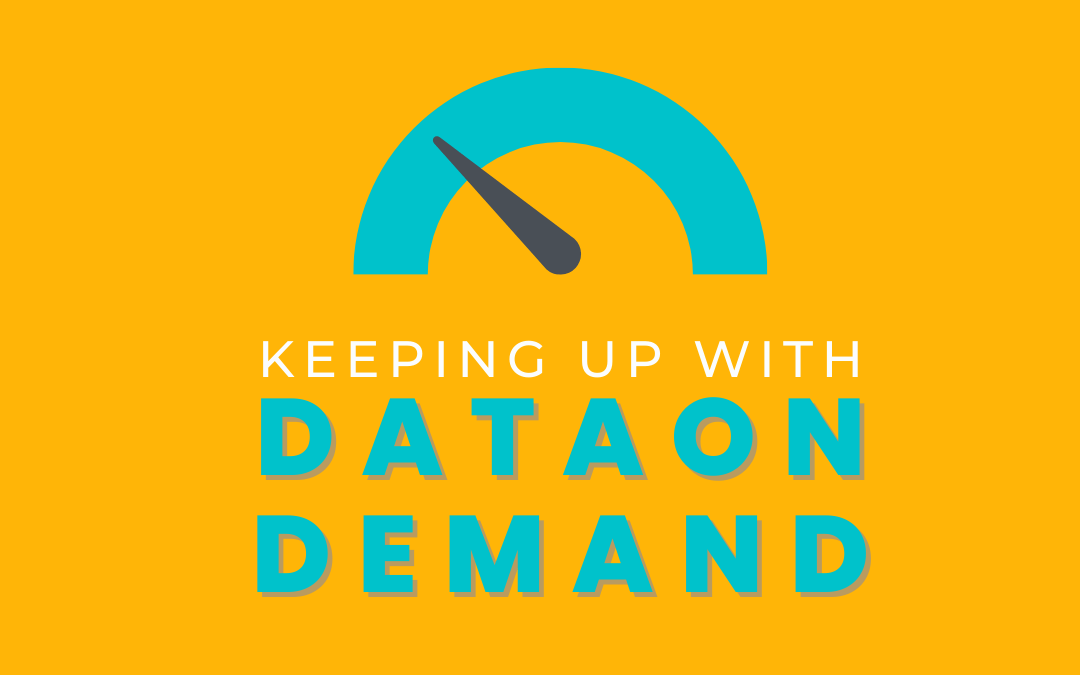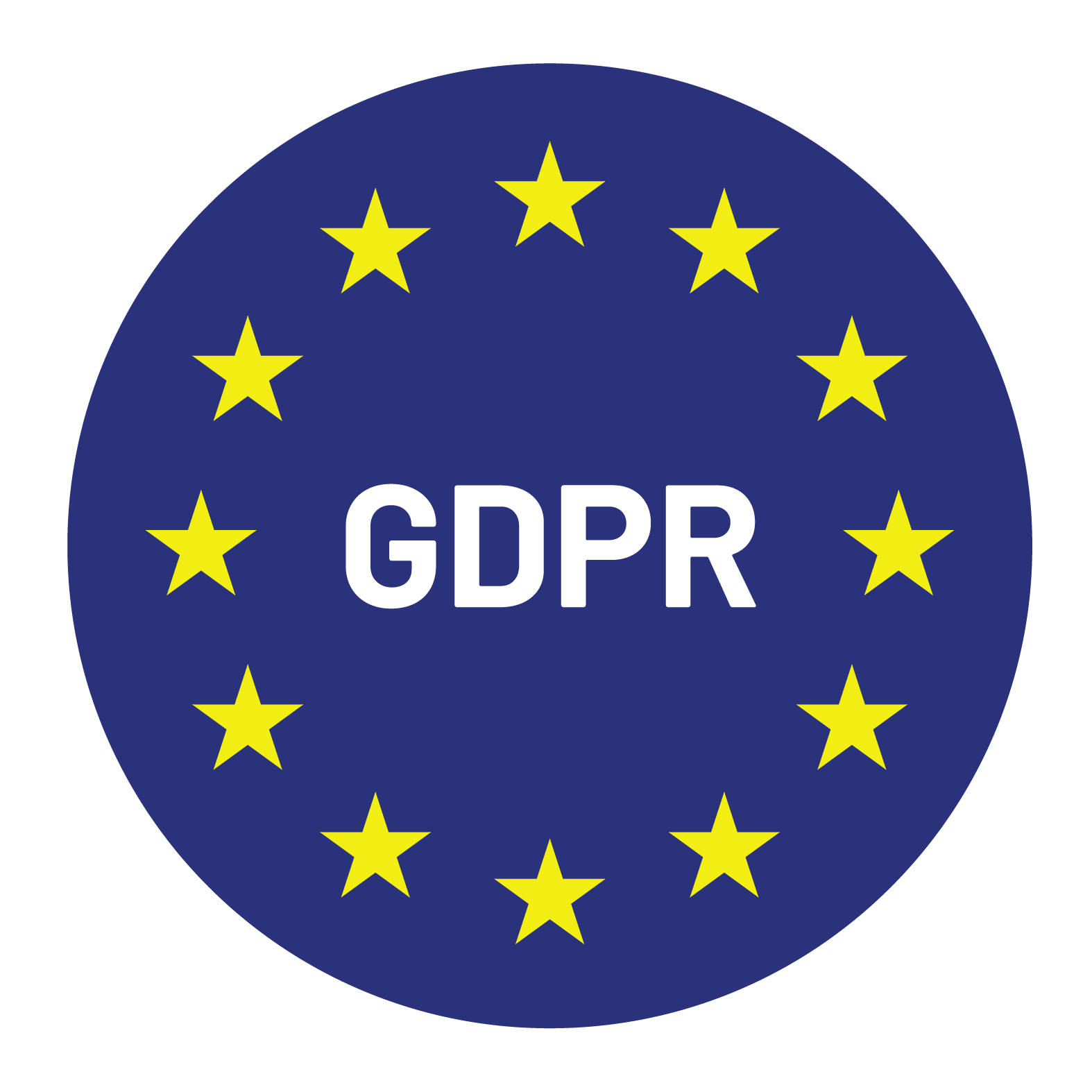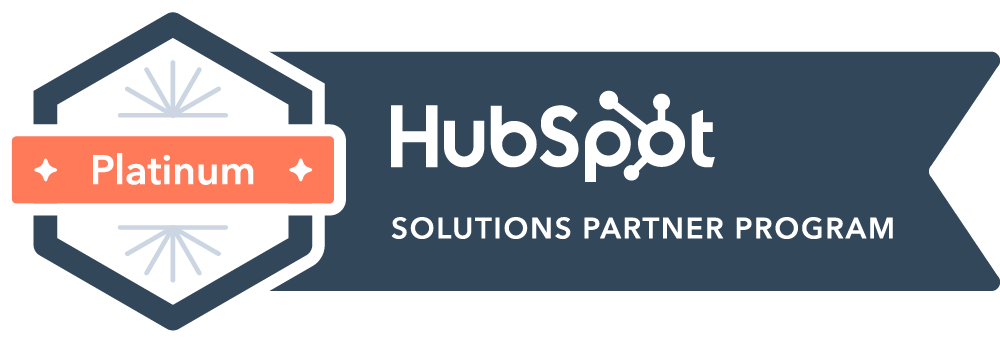


Content Writer for Whistle with multidisciplinary experience spanning over a decade.
A lead generation agency like Whistle seeking to generate high-quality leads for its clients needs to keep up with the growing demand for data in the digital age. It can, however, be challenging to manage and process this data efficiently. This is why the implementation of data pods is a practical, scalable solution for companies that handle large amounts of data daily.
Whistle has been scaling rapidly by signing up new clients on a regular basis, and it was natural to expect the data department to scale up at the same rate while maintaining accuracy. To this end, we’ve implemented a pod structure, which assigned designated research representatives and campaigns to each pod.
The way data pods work is that instead of clients or account managers placing regular data orders throughout the month, representatives work to fulfill the quota, target, or credits of each campaign, with the goal of producing weekly uploads. Each pod competes with the others to produce quality leads, creating healthy motivational competition where top performers are promoted to team leads, etc.
Data pods can provide several benefits for a lead generation agency. For instance, they streamline the data processing of each campaign. Each pod works only on the campaigns allocated to them, which allows research reps to become familiar with the ideal customer profile (ICP) of each campaign. This familiarity means that they can quickly adapt to changes in the ICP, ensuring that the agency generates accurate and relevant data.
This method also allocates resources efficiently. Pods with difficult campaigns require additional resources only for those campaigns within that pod, not for all campaigns. The result is effective resource allocation and efficient campaign execution.
The use of data pods can also help lead generation agencies to identify top-performing research representatives that can be trained to become client-facing data experts/consultants. These team leads bring a high level of expertise to their roles, providing added value to the services offered by the company.
Lead generation agencies can scale up or down depending on their needs. When a pod reaches capacity, the lead generation agency can identify the need to start recruiting and training new research representatives for further expansion into another pod. This scalability ensures that data processing remains efficient and effective.
To ensure effective lead generation, agencies can optimize the use of Sales Development Representatives (SDRs). SDRs are specialized salespeople whose primary function is to generate and qualify leads. The use of SDRs can be critical in ensuring that the data collected and processed by data pods is converted into actionable leads. SDRs can engage potential clients, identify their needs, and determine if they are a good fit for the services offered by the lead generation agency.
Lead generation agencies can leverage the benefits of data pods to streamline their lead generation process, ensuring that data is efficiently processed, and accurate leads are generated. By optimizing the use of SDRs, lead generation agencies can convert the data collected into actionable leads, bringing value to their clients.
Overall, data pods provide an effective solution for lead generation agencies to manage large volumes of data with speed and accuracy, providing a competitive edge in their respective industries.
Ready to be at the forefront of data on demand? Chat to our Whistle team, here.


© Copyright – Whistle 2023

An expert panel on best practices for selling software.